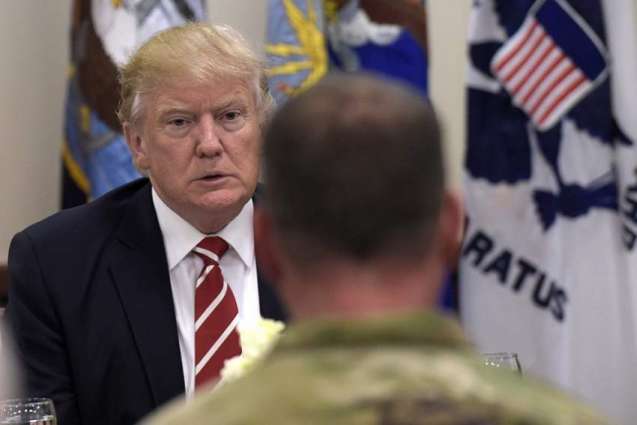The role of US President Donald Trump in securing the April oil cut agreements should not be overestimated, as it was Russia and Saudi Arabia that contributed most to sealing the historic deal, Equatorial Guinea's minister of mines and hydrocarbons, Gabriel M. Obiang, has told Sputnik
MOSCOW (Pakistan Point News / Sputnik - 03rd June, 2020) The role of US President Donald Trump in securing the April oil cut agreements should not be overestimated, as it was Russia and Saudi Arabia that contributed most to sealing the historic deal, Equatorial Guinea's minister of mines and hydrocarbons, Gabriel M. Obiang, has told Sputnik.
"I know that everybody gives a lot of credit to US President Trump for the April events. But I think a lot of credits should be given also to Saudi Arabia and Russia. The only thing the US has done was being able to intervene to collaborate with Mexico. But ultimately, the ones who really made the majority of the contribution and the sacrifices was the Kingdom of Saudi Arabia and the Russian Federation," Obiang said in an interview.
The upcoming presidential election in the US, slated for November, could be a risk to the oil market alongside the COVID-19 pandemic, the minister noted.
"Both US elections and Covid-19 are going to be key factors. Depending on who wins the US election, either the Republican candidate or the Democrat candidate - both of them are going to have an effect [on the oil market]. I wouldn't say positive or negative, just different," Obiang added.
Trump has said that he contributed to mending the disagreements between Moscow and Riyadh over the oil cuts. The OPEC+ countries reached a historic deal in April in a bid to stabilize the oil market. Some G20 nations, including the US, have also vowed to reduce production. However, during the talks, Mexico refused to make cuts of 400,000 barrels per day (bpd) and eventually agreed to cut 100,000 bpd after the United States stepped in to cut its own production by the remaining 300,000 bpd so that its neighbor would be able to comply with the deal.




